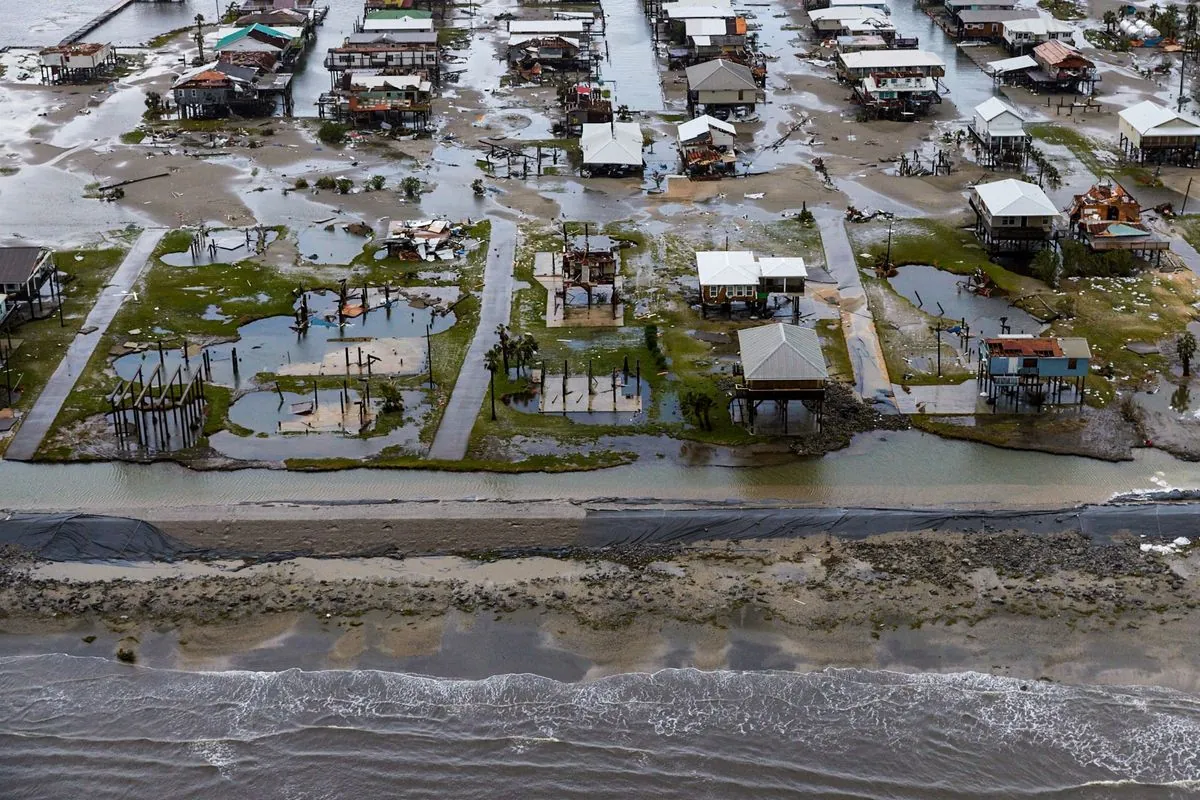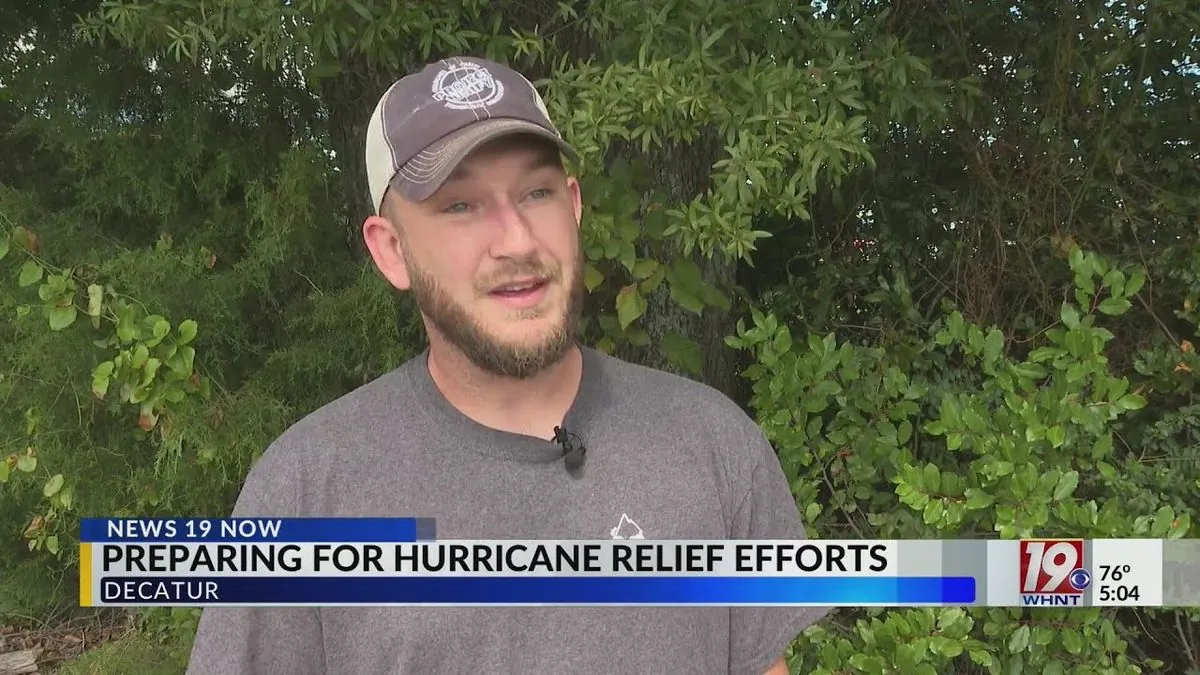Hurricane Disrupts Presidential Campaign, Tests Candidates' Crisis Response
A major hurricane has altered the plans of presidential candidates, with nearly 100 fatalities reported. The disaster poses a political challenge as candidates balance campaign activities with crisis response.

A severe hurricane has significantly impacted the United States, causing widespread destruction and claiming nearly 100 lives. This natural disaster has forced presidential candidates to adjust their campaign strategies, highlighting the delicate balance between political activities and crisis management during election seasons.
Kamala Harris cut short her Las Vegas campaign visit to attend emergency briefings, while Donald Trump announced plans to visit affected areas in Georgia. The storm's most severe impact was felt in North Carolina, where inland flooding caused extensive damage. This event underscores the vulnerability of coastal states like North Carolina to Atlantic hurricanes, a recurring threat during the official hurricane season from June 1 to November 30.
The Federal Emergency Management Agency (FEMA), established in 1979 and now part of the Department of Homeland Security, is coordinating the federal response. FEMA Administrator Deanne Criswell briefed Harris on the situation. The agency's role has become increasingly crucial as climate change is expected to intensify hurricane activity in the coming years.
President Joe Biden is scheduled to address the nation about the administration's response and plans to visit affected areas later in the week. The White House emphasized that the visit would be timed to avoid disrupting ongoing emergency operations. This approach reflects the careful consideration required when balancing political presence with practical assistance during disasters.
Trump, speaking at a rally in Erie, Pennsylvania, described the hurricane as "a big monster" that exceeded expectations in its intensity. He criticized Harris for attending fundraising events in California during the storm, suggesting she should have been in the affected area. This criticism highlights the political scrutiny faced by candidates during national emergencies.

The Trump campaign views disaster response as a potential political opportunity, recalling the candidate's visit to East Palestine, Ohio, following a toxic train derailment earlier in the campaign. They believe such visits can resonate with voters frustrated by perceived inadequacies in federal responses.
However, disaster responses can be politically risky. Trump's 2017 visit to Puerto Rico in the aftermath of Hurricane Maria drew criticism when he tossed paper towels to residents, an action some viewed as insensitive given the scale of the disaster.
As the 2024 presidential election approaches, candidates must navigate the complex interplay between campaign activities and crisis response. The Electoral College system means that swing states, which may include some hurricane-prone areas, receive particular attention during campaigns.
The National Hurricane Center's improved forecasting capabilities have allowed for better preparation, but the unpredictable nature of these storms continues to challenge both communities and political leaders. As climate change potentially increases hurricane intensity, the ability to respond effectively to such disasters may become an increasingly important factor in voters' minds.
"The Vice President will visit impacted areas as soon as it is possible without disrupting emergency response operations."
This hurricane serves as a stark reminder of the ongoing threat posed by natural disasters and the critical role of leadership in times of crisis. As candidates adjust their strategies, the nation watches to see how they balance political aspirations with the immediate needs of affected communities.


































